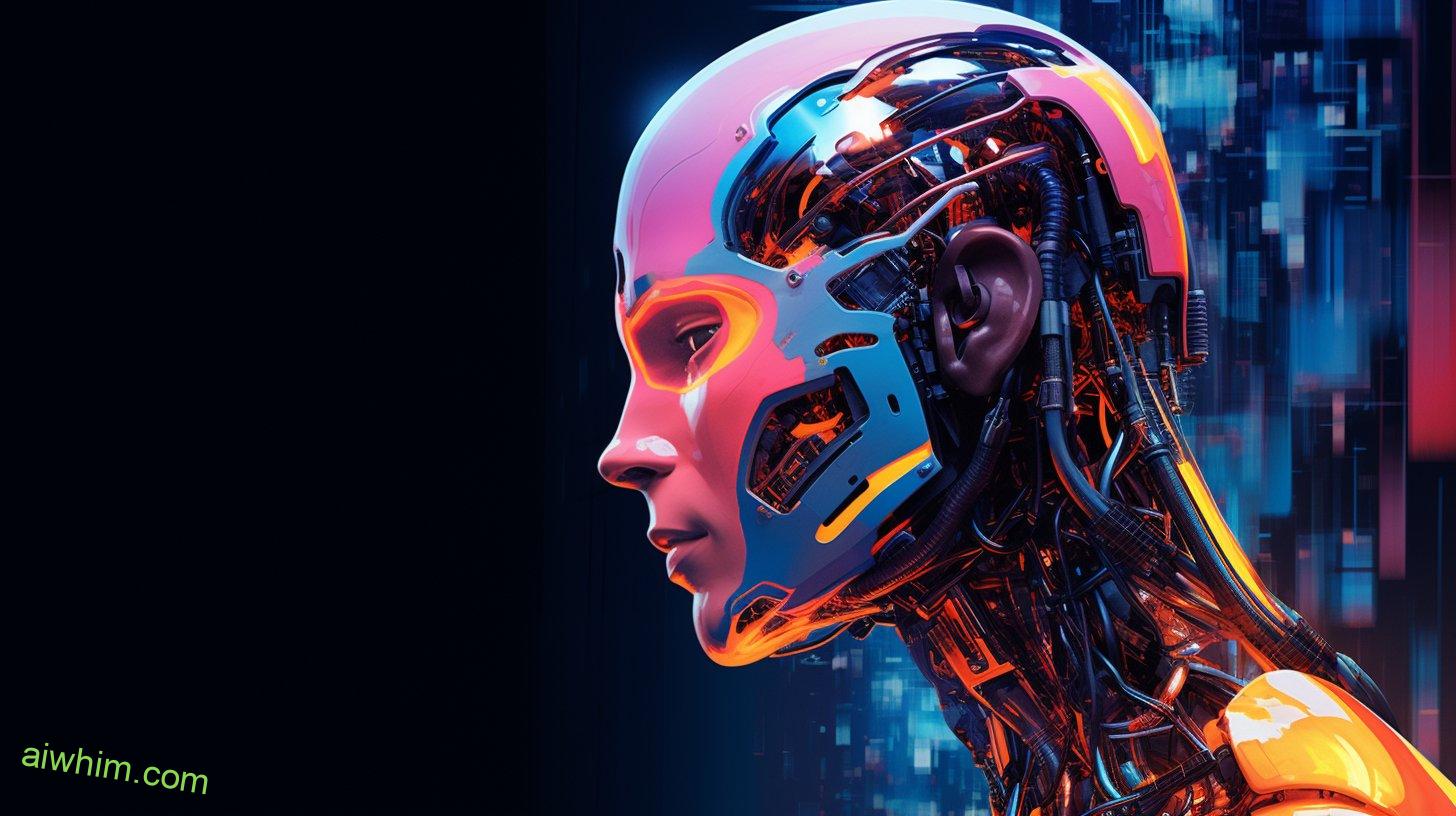Are you worried about the future of your anesthesiologist career? Well, brace yourself for this eye-opening fact: artificial intelligence (AI) is making its way into the field. With advancements in technology and AI’s ability to enhance medical practices, there is a growing concern that AI might just become your biggest competitor.
But fear not! In this article, we will explore how AI can impact anesthesiology and discuss ways for you to adapt and thrive in this changing landscape.
So, buckle up and prepare for a journey of possibilities!
Key Takeaways
- AI algorithms play a crucial role in analyzing patient data for anesthesia dosage and drug interactions.
- AI systems are capable of monitoring vital signs and detecting abnormalities during surgery, improving patient safety.
- AI technology automates routine tasks, allowing anesthesiologists to focus on more complex aspects of patient care.
- While AI can enhance decision-making processes and improve patient outcomes, it cannot replace the expertise of trained professionals.

The Role of AI in Anesthesiology
AI is already playing a significant role in anesthesiology, but will it pose a threat to anesthesiologist jobs? Many people fear that the advancements in AI technology could potentially replace human anesthesiologists. However, it is important to understand that AI should not be seen as a threat, but rather as a tool that can enhance the practice of medicine.
One of the potential benefits of AI in anesthesiology is its ability to assist with anesthesia administration. AI algorithms can analyze patient data such as vital signs and medical history to provide real-time recommendations for anesthesia dosage and drug interactions. This can help improve patient safety by reducing the risk of medication errors and adverse events.
Furthermore, AI can aid in monitoring patients during surgery. With the use of advanced sensors and machine learning algorithms, AI systems can continuously monitor vital signs and detect any abnormalities or changes that may require immediate attention. This enables early intervention and better patient outcomes.
Another area where AI shows promise is in predictive analytics. By analyzing large amounts of data from electronic health records, AI algorithms can identify patterns and trends that may predict complications or adverse events before they occur. This proactive approach allows healthcare providers to take preventive measures and provide personalized care based on individual patient needs.
Overall, while advancements in AI technology are revolutionizing various aspects of healthcare, including anesthesiology, it is essential to recognize that these technologies are meant to augment human capabilities rather than replace them. Anesthesiologists possess unique clinical expertise and judgment that cannot be replicated by machines alone. Therefore, instead of being threatened by AI, anesthesiologists should embrace these technological advancements as tools that can enhance their practice and ultimately improve patient care.

Advancements in AI Technology
The advancement of AI technology could potentially impact the field of anesthesiology. As advancements in healthcare continue to evolve, AI is making its way into various medical specialties, including anesthesiology. This means that the traditional role of an anesthesiologist may face competition from AI systems in the future.
Advancements in AI technology have the potential to greatly impact patient care in anesthesiology. AI systems can analyze vast amounts of data and provide real-time insights, allowing for more accurate and personalized patient care. For example, AI algorithms can help predict a patient’s response to anesthesia or identify potential complications before they occur.
AI can also assist with automating routine tasks, such as monitoring vital signs during surgery or adjusting anesthesia levels based on patient feedback. This automation can free up time for anesthesiologists to focus on more complex aspects of patient care and decision-making.
However, it’s important to note that while AI has the potential to enhance patient care in anesthesiology, it cannot replace the expertise and judgment of a trained human professional. Anesthesiologists possess unique skills and knowledge that are crucial for ensuring safe and effective anesthesia administration.
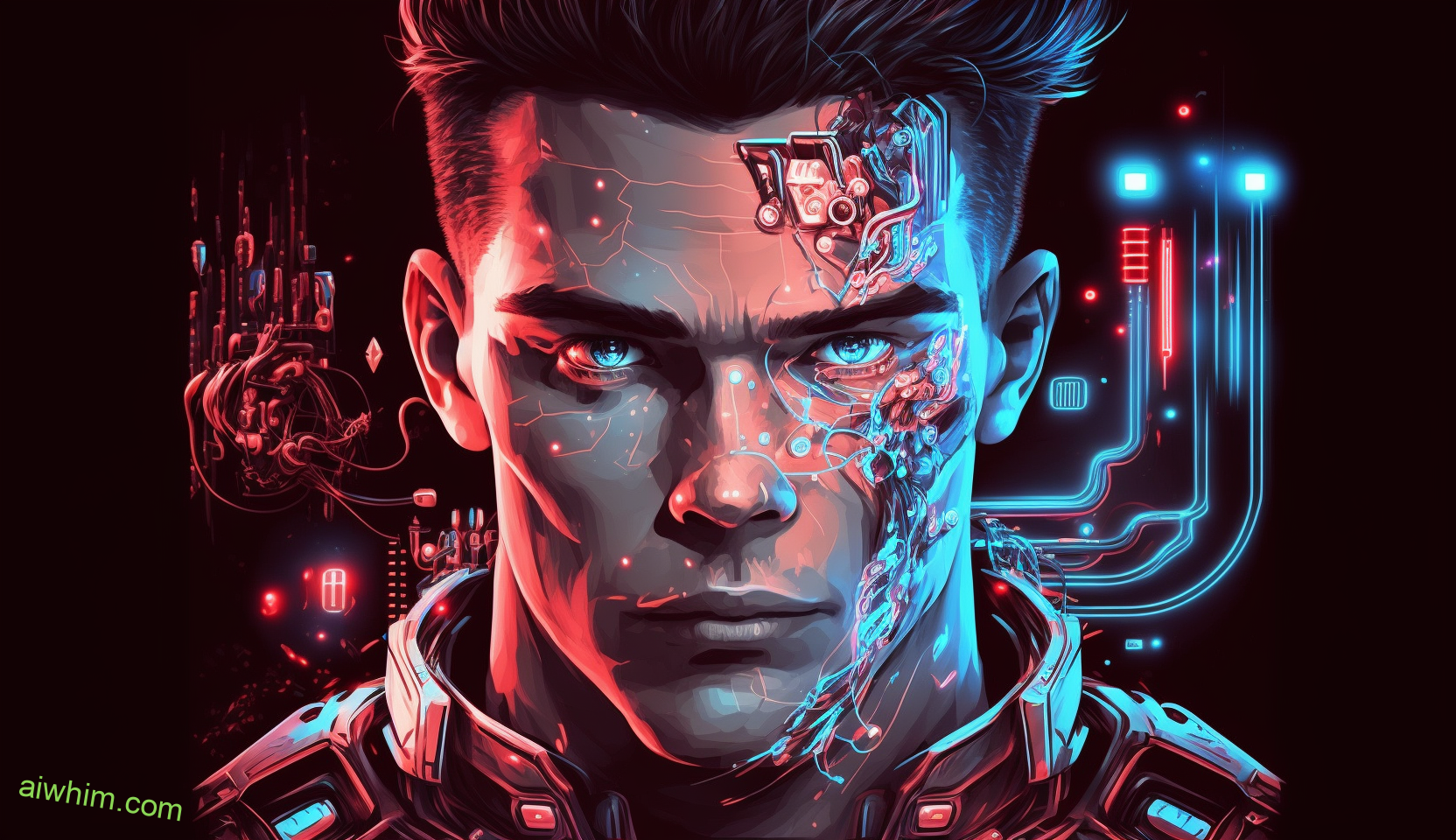
Current Challenges in Anesthesiology
One of the current challenges in anesthesiology is the shortage of qualified professionals. The demand for anesthesia services continues to grow due to an aging population and advancements in surgical procedures. However, there is a limited supply of anesthesiologists available to meet this increasing demand.
The shortage of qualified professionals in the field poses several challenges. Firstly, it leads to longer wait times for patients requiring anesthesia services, which can have detrimental effects on their overall health outcomes. Additionally, it places significant pressure on existing anesthesiologists who are already stretched thin by their workload.
To address these challenges and secure the future of anesthesiologist jobs, various strategies are being implemented. One approach is to increase recruitment efforts and incentivize medical students to pursue careers in anesthesiology through scholarships or loan forgiveness programs. Another solution involves expanding training programs and creating more opportunities for nurse anesthetists and other advanced practice providers to work alongside anesthesiologists.
Furthermore, advancements in technology such as artificial intelligence (AI) have the potential to alleviate some of these challenges. AI can assist with tasks like monitoring patient vital signs during surgery or predicting adverse events before they occur. This technology can help improve patient safety and enhance efficiency in anesthesia practice.
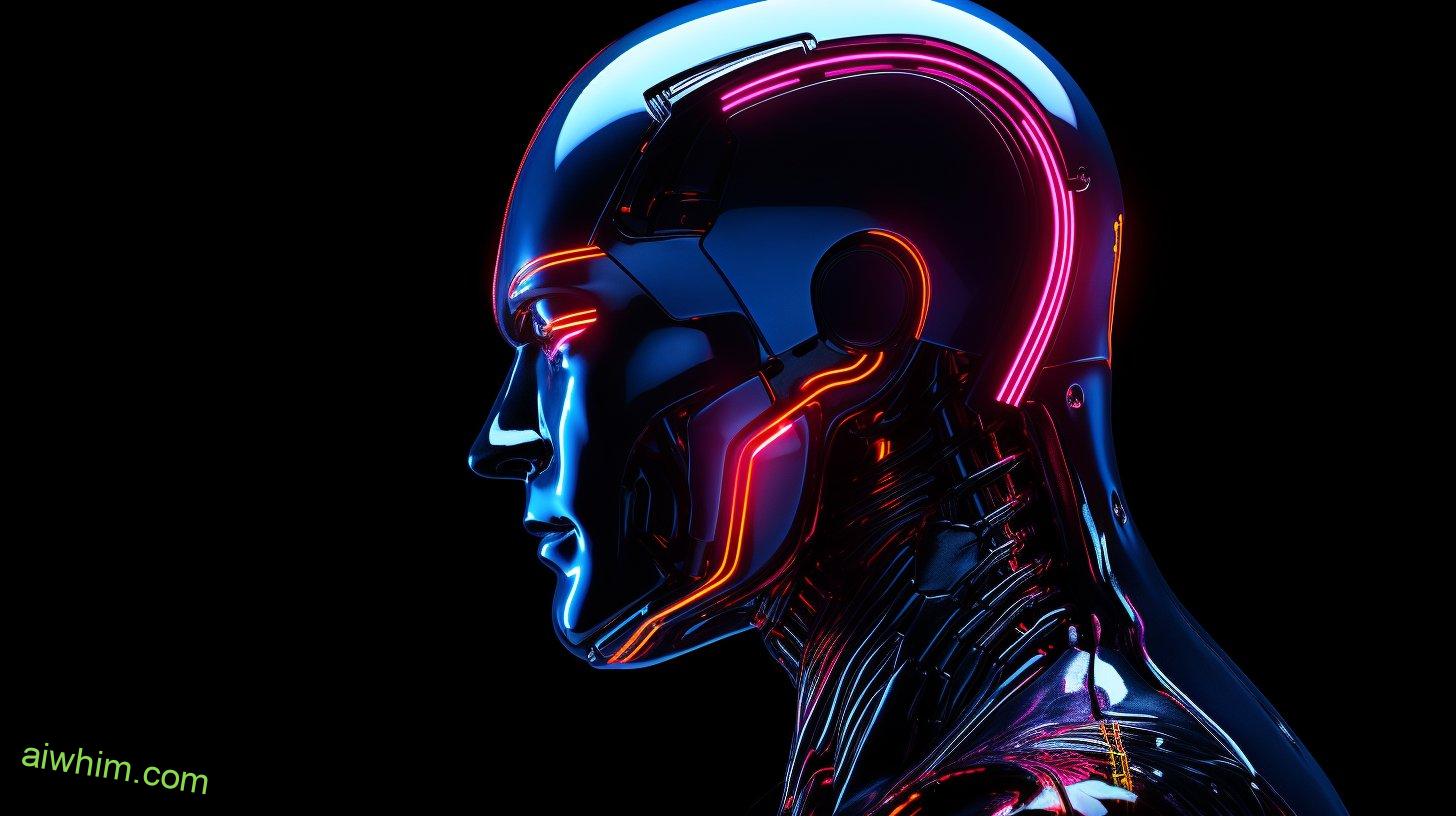
Anesthesiologist Training and Education
To become an anesthesiologist, you must undergo extensive training and education. The path to becoming an anesthesiologist is challenging but rewarding. Anesthesiologists are responsible for administering anesthesia during surgical procedures and managing patients’ pain before, during, and after surgery. They play a crucial role in ensuring the safety and comfort of patients throughout the entire surgical process.
The training to become an anesthesiologist begins with completing a bachelor’s degree followed by four years of medical school. After medical school, aspiring anesthesiologists must complete a residency program that typically lasts three to four years. During this time, they gain hands-on experience in various areas of anesthesia practice, such as general surgery, obstetrics, pediatrics, and critical care medicine.
One of the challenges faced during anesthesiologist training is the rigorous nature of the program. It requires dedication, perseverance, and a strong work ethic. The long hours spent in hospitals can be physically and mentally demanding. However, these challenges help shape you into a skilled professional capable of providing exceptional patient care.
Another aspect that is revolutionizing the field of anesthesiology is artificial intelligence (AI). Researchers are exploring how AI can improve patient outcomes by predicting complications during anesthesia administration or identifying optimal drug dosages based on individual patient factors. AI has the potential to enhance decision-making processes and improve patient safety in anesthesia practice.
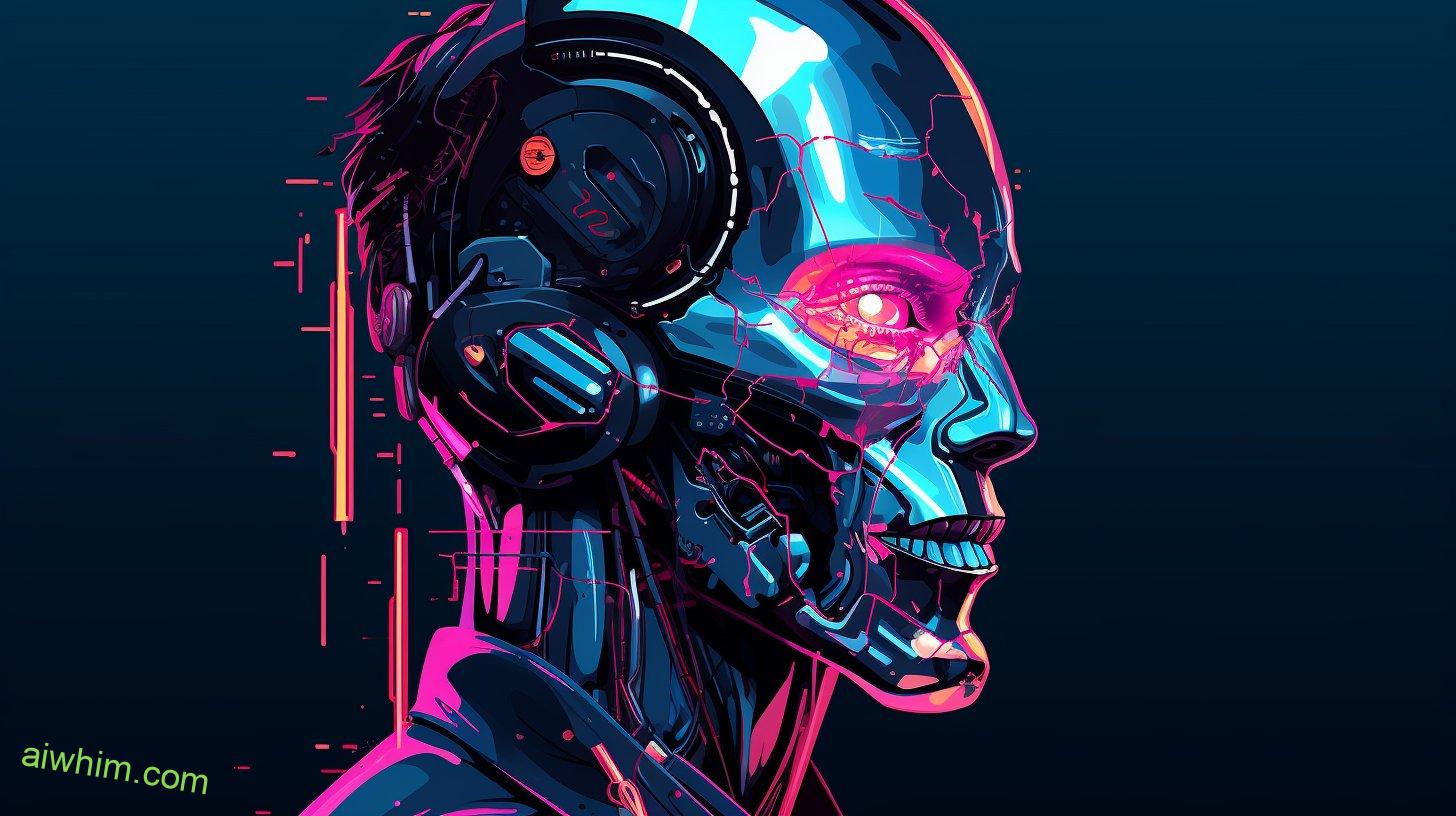
How AI Can Enhance Anesthesiology Practice
Researchers are exploring how artificial intelligence (AI) can enhance anesthesiology practice. AI applications in anesthesia have the potential to revolutionize the field by providing anesthesiologists with powerful decision support tools. These tools can assist in making more accurate and personalized treatment decisions.
Imagine a future where AI-powered systems analyze vast amounts of patient data. This data includes medical history, vital signs, and genetic information. The AI can use this information to predict how individuals will respond to different anesthetic drugs. With this knowledge, tailored anesthesia plans can be created. These plans take into account each patient’s unique characteristics, minimizing complications and adverse reactions.
Furthermore, AI can continuously monitor patients during surgery. It can alert healthcare professionals to any subtle changes in vital signs or other indicators that may require immediate attention. By providing real-time feedback and analysis, AI-powered decision support systems enable anesthesiologists to intervene promptly and optimize patient care.
Another benefit of AI in anesthesiology is its ability to improve drug dosing accuracy. Anesthesia medications often have a narrow therapeutic window. This means that too little or too much can have detrimental effects on patients. With the help of AI algorithms trained on large datasets of patient responses to different doses, anesthesiologists can more accurately determine the optimal dosage for each individual.
It is important to note that while AI has tremendous potential in enhancing anesthesiology practice, it should not replace human judgment and expertise. Instead, it should be seen as a valuable tool that complements the skills of healthcare professionals. Ultimately, the goal is to use AI-powered decision support systems to improve patient outcomes and provide safer and more effective anesthesia care.
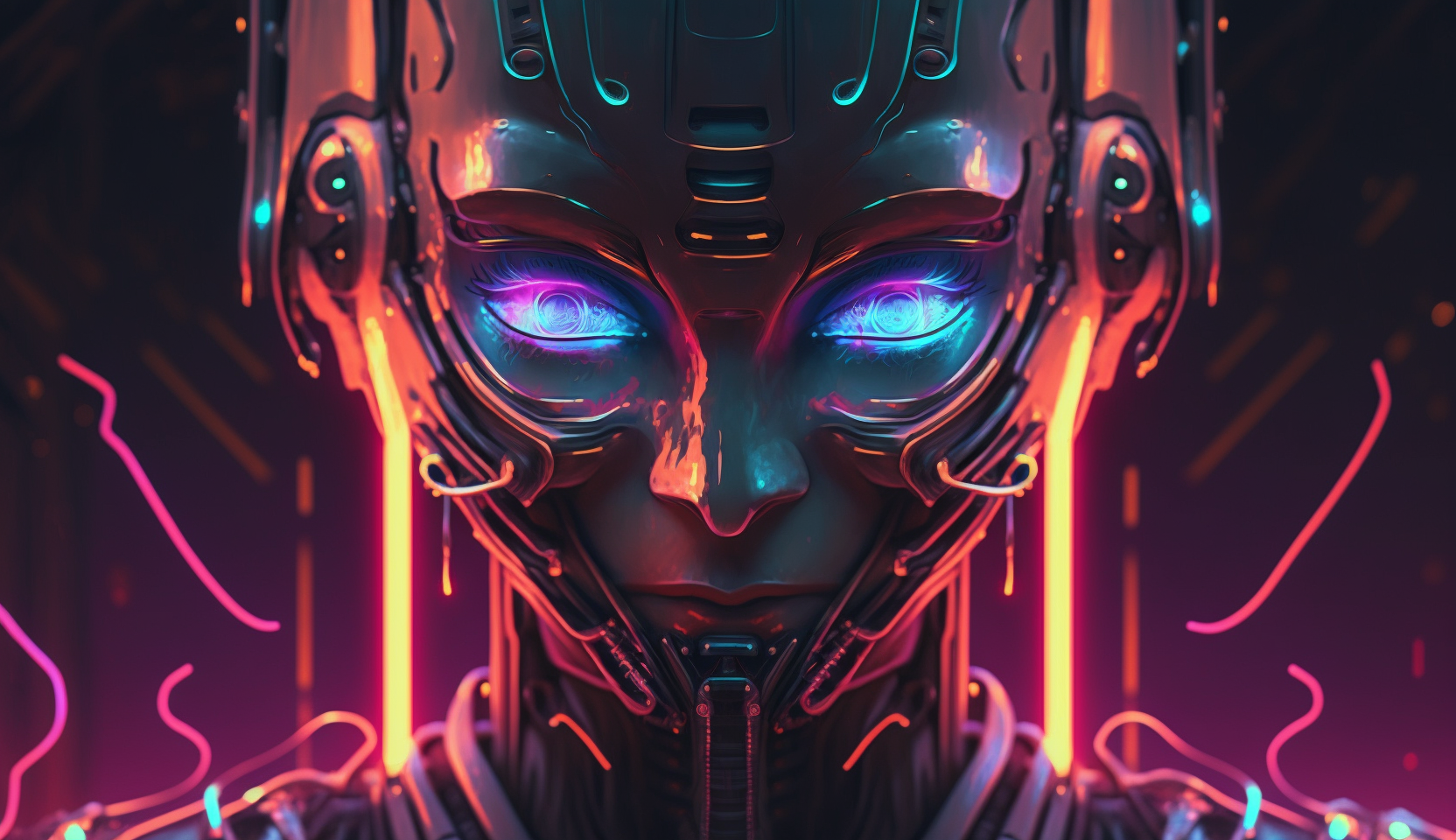
Potential Benefits of AI in Anesthesiology
Imagine a future where AI-powered systems analyze your patient data to predict how you respond to different anesthetic drugs. These advanced algorithms allow for tailored anesthesia plans that minimize complications and adverse reactions. With this technology, the potential benefits in anesthesiology are immense.
One of the key advantages of using AI in anesthesiology is the ability to personalize anesthesia plans based on individual patient characteristics. Every person responds differently to anesthesia, and AI can help identify patterns and correlations in patient data that human doctors might miss. This means that your anesthesia plan will be specifically designed for you, taking into account factors such as age, gender, medical history, and genetic predispositions.
Another benefit of AI implementation in anesthesiology is the potential to reduce risks associated with anesthesia. Anesthesia complications and adverse reactions can occur due to various factors, including drug interactions or incorrect dosages. By analyzing large amounts of data from previous cases, AI systems can identify these potential risks and provide recommendations for safer anesthesia practices.
However, it’s important to acknowledge that there are challenges when implementing AI in healthcare settings. One major challenge is ensuring data privacy and security. Patient information must be protected against unauthorized access or breaches. Additionally, there may be concerns about biases within the algorithms used by AI systems. It is crucial to address these challenges through robust regulations and ethical guidelines.

Ethical Considerations in AI Adoption
When considering the adoption of AI in healthcare, it’s important to address the ethical implications that arise from using advanced algorithms and data-driven decision-making processes. While AI has the potential to greatly improve patient care and outcomes, it also raises concerns regarding privacy, security, and fairness.
One of the key ethical implications is the issue of privacy. With AI systems collecting vast amounts of patient data, there is a risk that this information could be misused or accessed by unauthorized individuals. This raises questions about who has access to this data and how it will be protected.
Another concern is the potential for bias in AI algorithms. If these systems are trained on biased datasets, they may perpetuate existing inequalities in healthcare. For example, if an AI system is trained primarily on data from white patients, it may not perform as well for patients from other racial or ethnic backgrounds.
Regulatory concerns also come into play when adopting AI in healthcare. There needs to be clear guidelines and oversight to ensure that these systems are safe and effective. Additionally, there should be transparency around how these algorithms make decisions so that healthcare professionals can understand and explain them to patients.

AI’s Impact on Anesthesiologist-Patient Relationship
As AI continues to be integrated into healthcare, you may have concerns about how it will affect the relationship between anesthesiologists and their patients. The impact of AI on patient satisfaction, trust, and communication is a topic that needs careful consideration.
One potential concern is that with the introduction of AI in anesthesia, patients may feel less connected to their anesthesiologist. The personal touch and human interaction could be diminished, leading to decreased patient satisfaction. However, it’s important to remember that AI can also enhance the overall quality of care provided by anesthesiologists.
AI technology has the potential to improve efficiency and accuracy in administering anesthesia. This can lead to better outcomes for patients and increased trust in the capabilities of anesthesiologists. With AI assisting in monitoring vital signs during surgery or predicting adverse events, patients can have more confidence in the safety and efficacy of their anesthesia experience.
Effective communication between anesthesiologists and patients is crucial for building trust. While there may be concerns that AI could hinder this aspect of care, it also presents opportunities for improvement. For example, AI tools can help facilitate better communication by providing real-time data analysis and personalized recommendations for pain management or post-operative recovery.
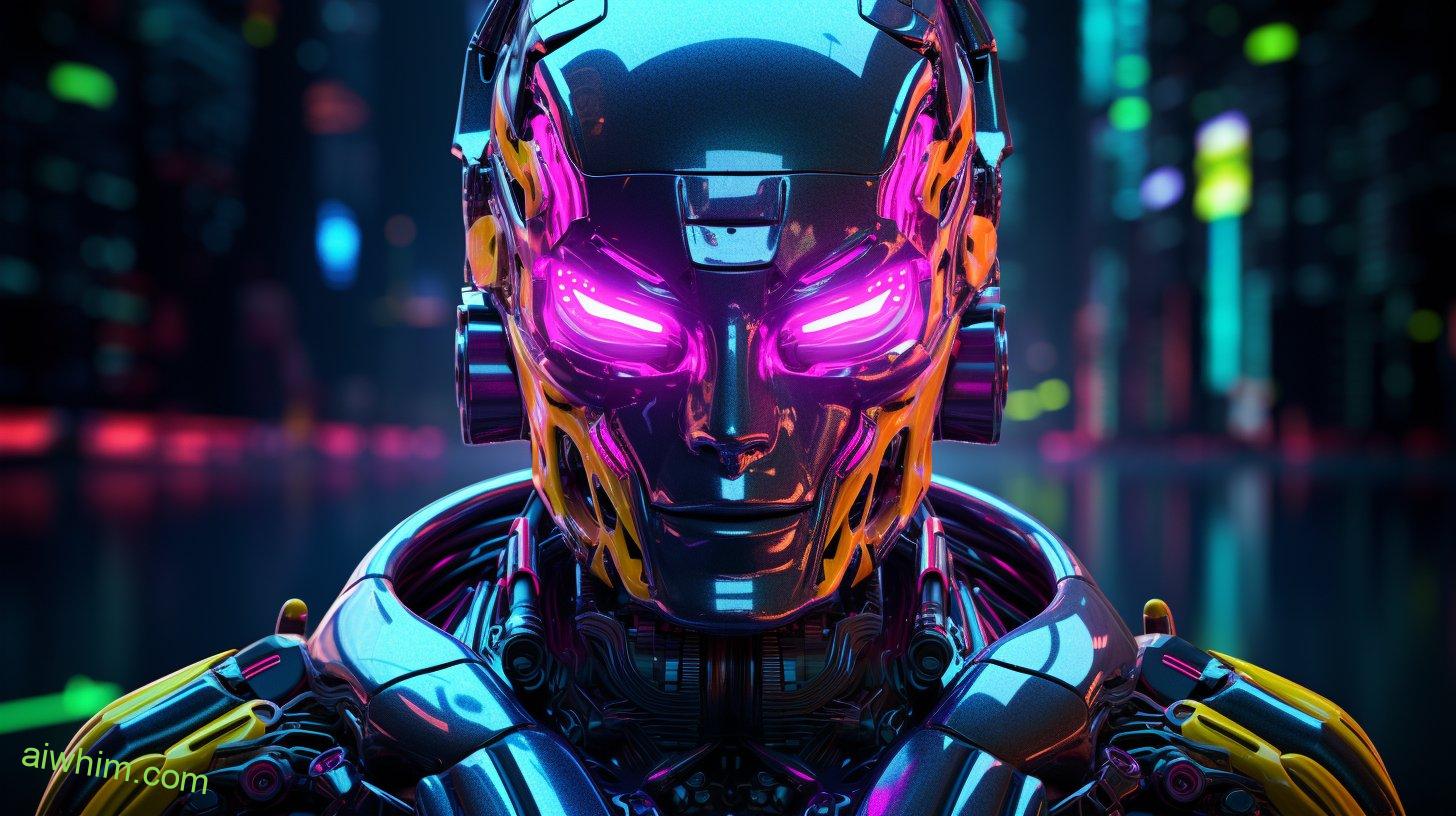
AI’s Role in Anesthesia Monitoring
The integration of AI technology in anesthesia monitoring has the potential to enhance patient safety and improve the accuracy of vital sign measurements. As an individual seeking freedom and autonomy in your healthcare experience, you may be wondering how AI can impact your outcomes as a patient. Here are three key points to consider:
- Increased Precision: AI algorithms have the ability to analyze vast amounts of data quickly and accurately, allowing for more precise monitoring of vital signs during anesthesia. This means that any deviations from normal levels can be detected promptly, alerting the medical team to potential complications before they become critical.
- Real-time Alerts: With AI technology constantly monitoring patients’ vitals, any abnormalities or concerning trends can trigger real-time alerts for medical professionals. This enables them to take immediate action and make informed decisions based on accurate data, ultimately leading to better patient outcomes.
- Challenges in Implementation: While the potential benefits of integrating AI into anesthesia practice are significant, there are challenges that need to be addressed. One such challenge is ensuring the reliability and accuracy of AI algorithms, as any errors or false alarms could have serious consequences for patient safety. Additionally, there may be resistance from some healthcare professionals who fear that AI will replace their role or undermine their expertise.
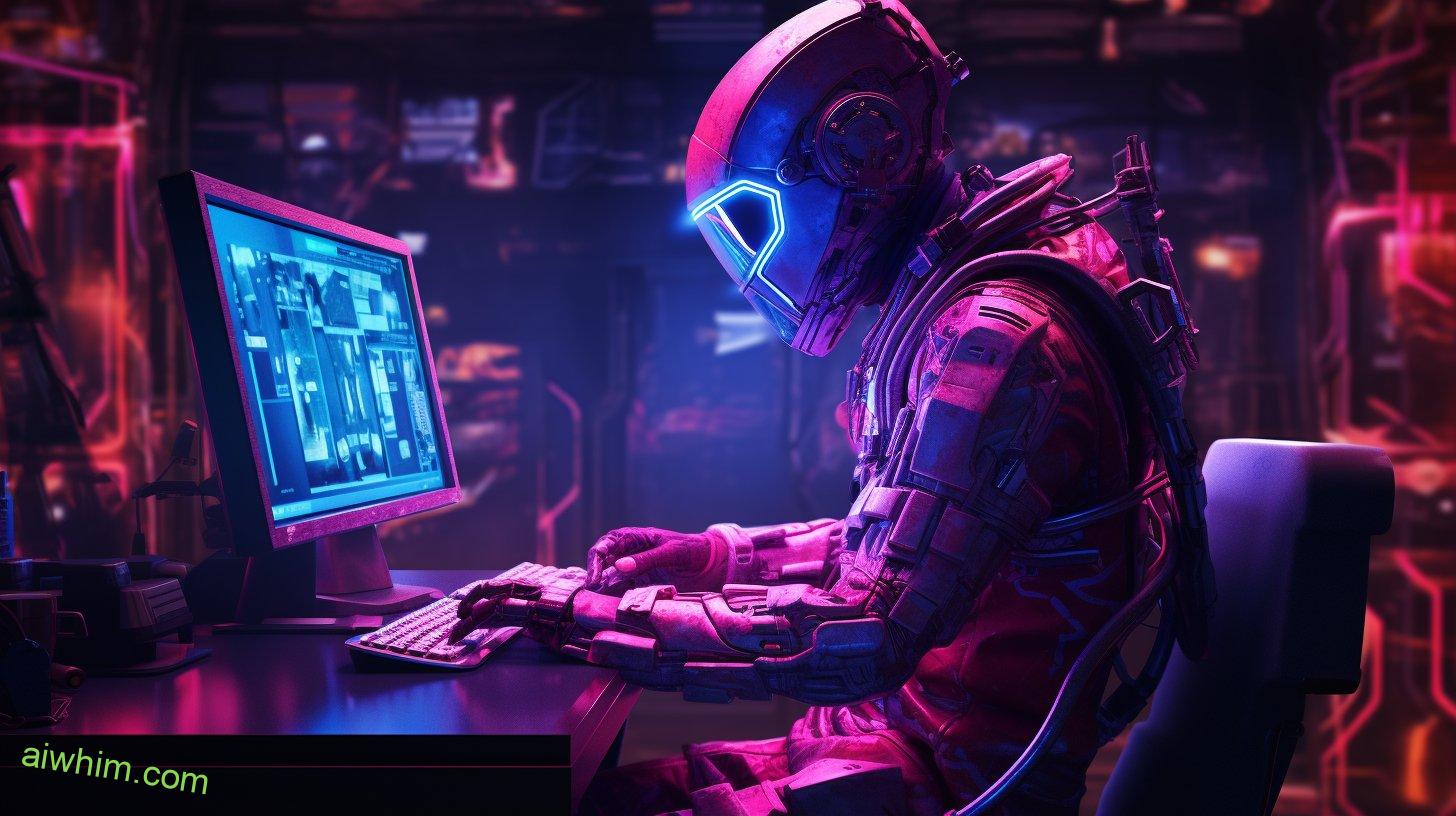
AI and Anesthesia Drug Administration
To ensure optimal anesthesia drug administration, it is important to understand how AI technology can assist in dosage calculations and reduce the risk of medication errors.
AI has revolutionized healthcare by providing advanced tools and algorithms that can analyze vast amounts of data to improve patient outcomes. When it comes to drug dosage, AI can play a crucial role in ensuring accuracy and safety.
AI algorithms can analyze patient-specific data such as age, weight, medical history, and current medications to calculate the precise dosage required for anesthesia. This eliminates the need for manual calculations, which are prone to human error. By using AI technology, anesthesiologists can have confidence in their dosage decisions, leading to better patient outcomes.
In addition to calculating dosage, AI can also monitor patients during anesthesia administration. Advanced monitoring systems equipped with AI capabilities can continuously assess vital signs such as heart rate, blood pressure, oxygen saturation levels, and respiratory rate. These systems can detect any abnormalities or changes in real-time and alert the anesthesiologist immediately.
By incorporating AI into anesthesia drug administration practices, there is a significant reduction in medication errors. The accuracy provided by AI algorithms ensures that patients receive the correct dose of medication tailored specifically to their needs. This not only improves patient safety but also enhances the overall efficiency of anesthesia procedures.

AI’s Contribution to Anesthesia Safety
By leveraging AI technology, healthcare professionals can enhance anesthesia safety through improved dosage calculations and real-time monitoring. AI’s role in patient outcomes is becoming increasingly important as it offers numerous benefits to the field of anesthesiology. Here are three ways in which AI contributes to anesthesia safety:
- Accurate Dosage Calculations: AI algorithms can analyze a patient’s medical history, vital signs, and other relevant data to calculate precise anesthesia dosages tailored to each individual. This integration of AI in anesthesia protocols ensures that patients receive the right amount of medication based on their specific needs, minimizing the risk of under or over-dosing.
- Real-time Monitoring: With AI-enabled monitoring systems, healthcare professionals can continuously track vital signs during surgery and promptly detect any deviations from normal ranges. By alerting anesthesiologists to potential complications such as respiratory distress or abnormal heart rhythms, these real-time monitoring systems enable quick intervention and prevent adverse events.
- Improved Decision Support: AI-based decision support tools provide anesthesiologists with evidence-based recommendations for optimal patient care. These tools analyze large amounts of clinical data and scientific literature to assist professionals in making informed decisions about drug selection, dosage adjustments, and treatment plans.
Integrating AI into anesthesia practices not only enhances patient safety but also empowers healthcare professionals by providing them with valuable insights and assistance in delivering personalized care. As technology continues to advance, we can expect further advancements in AI’s role in improving patient outcomes during surgical procedures involving anesthesia administration.

The Future of Anesthesiologist Jobs
As technology advances, anesthesiologist jobs are expected to evolve in response to emerging healthcare trends. With the future job market constantly changing and evolving, it is important for anesthesiologists to adapt and embrace technological advancements that can enhance patient care and improve outcomes.
In the future job market, technological advancements will play a significant role in shaping the role of anesthesiologists. Artificial intelligence (AI) and machine learning algorithms have already begun revolutionizing various aspects of healthcare, including anesthesia. While AI may assist with certain tasks such as monitoring vital signs or analyzing patient data, it is unlikely to replace the expertise and judgment of a skilled anesthesiologist.
Instead of viewing AI as a threat, anesthesiologists should see it as a tool that can support their practice. By embracing technology, they can leverage its potential to enhance decision-making processes, improve efficiency, and ultimately provide better patient care. This includes utilizing advanced monitoring systems that integrate real-time data analysis or incorporating virtual reality simulations for training purposes.
Furthermore, as healthcare trends shift towards personalized medicine and outpatient procedures increase in popularity, anesthesiologists will need to adapt their skills accordingly. This may involve developing expertise in new techniques or technologies such as ultrasound-guided regional anesthesia or remote monitoring systems.

Anesthesiologist’s Adaptation to AI Technology
Embracing AI technology can enhance anesthesiologists’ decision-making processes and improve patient care. The challenges faced by anesthesiologists can be overcome with the impact of AI, allowing them to provide better and more personalized care to their patients.
Here are three ways in which AI is revolutionizing the field of anesthesiology:
- Improved monitoring and prediction: AI systems can continuously monitor a patient’s vital signs during surgery, providing real-time feedback to anesthesiologists. This allows them to detect any abnormalities or complications early on and take immediate action. Additionally, AI algorithms can analyze large amounts of data from previous surgeries to predict potential risks or complications for individual patients, enabling anesthesiologists to make more informed decisions.
- Enhanced precision in drug delivery: Administering the right dosage of anesthesia drugs is crucial for patient safety during surgery. With the help of AI, anesthesiologists can accurately calculate the optimal drug dosage based on factors such as age, weight, medical history, and surgical complexity. This reduces the risk of under-dosing or over-dosing patients and ensures that they receive adequate pain relief throughout their procedure.
- Streamlined workflow and documentation: Anesthesia procedures involve complex documentation tasks that are time-consuming and prone to errors. By leveraging AI-powered tools such as voice recognition software and natural language processing algorithms, anesthesiologists can automate much of their documentation work. This saves time, reduces paperwork-related stress, and allows them to focus more on patient care.

AI’s Effect on Anesthesiologist Workload
AI’s impact on the workload of anesthesiologists can be seen in the increased efficiency and accuracy of tasks such as monitoring vital signs, calculating drug dosages, and documenting procedures. With the implementation of AI technology, anesthesiologists are able to streamline their workflow and focus on providing optimal patient care.
One significant benefit of AI in anesthesia is its effectiveness in monitoring vital signs. AI systems are equipped with advanced algorithms that can continuously analyze patient data, detecting any abnormalities or changes in real-time. This allows anesthesiologists to promptly intervene if necessary, ensuring patient safety and minimizing complications.
In addition to monitoring vital signs, AI also plays a crucial role in drug dosage calculations. By inputting relevant patient information such as weight, age, and medical history into the system, it can accurately calculate the appropriate dosage for each individual. This reduces the risk of medication errors and ensures patients receive the correct amount of anesthesia necessary for their procedure.
Furthermore, AI technology simplifies the documentation process for anesthesiologists. Instead of manually recording every detail during a procedure, AI systems can automatically generate comprehensive reports based on real-time data inputs. This not only saves time but also improves accuracy by eliminating human error.
Overall, AI has a positive impact on anesthesiologist workload by increasing efficiency and accuracy in tasks such as monitoring vital signs, calculating drug dosages, and documenting procedures. By utilizing this advanced technology effectively, anesthesiologists can improve patient outcomes and enhance overall quality of care. So embrace this technological advancement as it empowers you to provide better healthcare services while maintaining freedom in your profession.
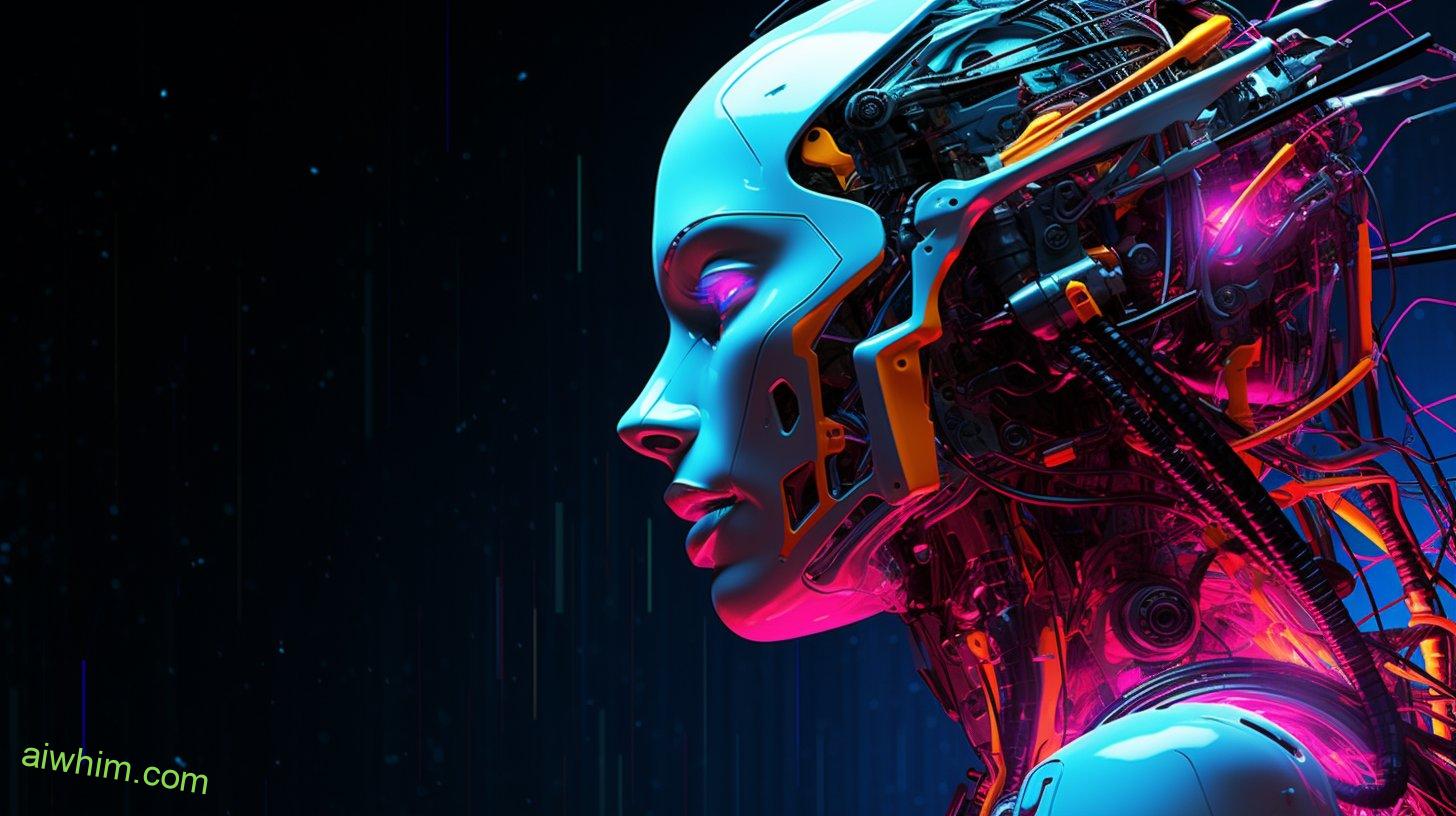
The Need for Collaboration Between AI and Anesthesiologists
Now that you understand the potential impact of AI on your workload as an anesthesiologist, it’s important to recognize the need for collaboration between AI and human professionals. By working together and integrating technology into your practice, you can ensure that both you and AI are able to thrive in a mutually beneficial way.
Here are three reasons why collaborative efforts and technological integration are crucial:
- Enhanced Efficiency: The integration of AI technologies can help streamline administrative tasks, such as patient scheduling and documentation. This allows you to focus more on providing quality care to your patients, ultimately improving overall efficiency in the healthcare system.
- Improved Accuracy: With the assistance of AI algorithms, anesthesiologists can benefit from enhanced decision-making capabilities. AI systems can analyze vast amounts of data quickly and accurately, providing valuable insights that can aid in diagnosis and treatment planning.
- Continual Professional Development: Collaborating with AI technologies provides opportunities for continuous learning and growth. By staying up-to-date with emerging technologies, you can expand your skillset and remain at the forefront of advancements in anesthesia practice.
By embracing collaborative efforts and integrating technology into your work as an anesthesiologist, you have the power to harness the benefits of both human expertise and artificial intelligence. Together, these complementary forces can revolutionize healthcare delivery, ensuring better outcomes for patients while also empowering medical professionals like yourself to thrive in a rapidly evolving field.
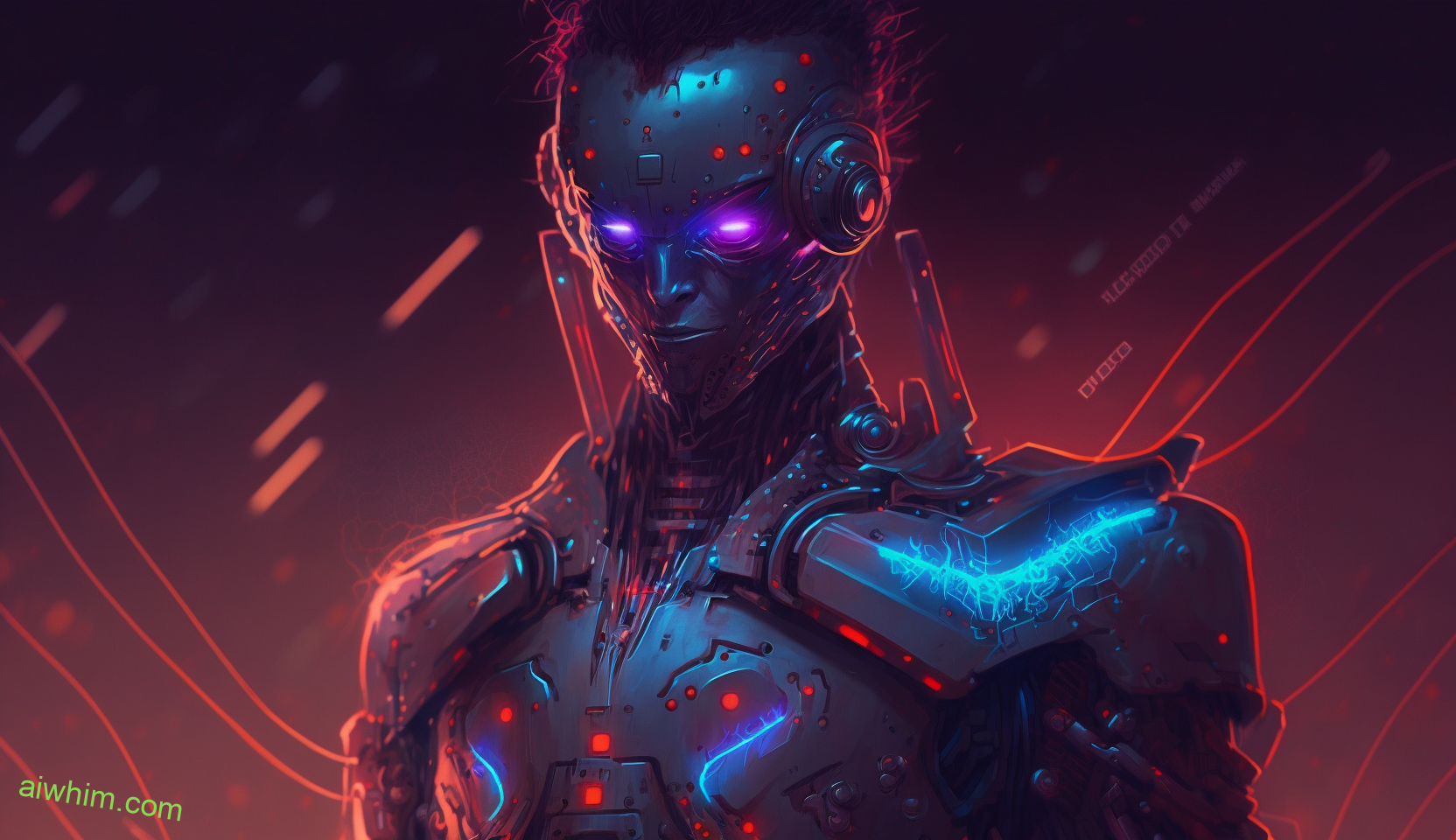
Frequently Asked Questions
What Are the Current Challenges in Anesthesiology That AI Can Potentially Address?
AI advancements in anesthesiology can potentially address challenges related to patient safety. By analyzing vast amounts of data, AI can help identify potential risks and assist anesthesiologists in making more informed decisions during surgeries.
How Can AI Enhance the Practice of Anesthesiology?
AI applications in anesthesiology can enhance your practice by driving advancements in anesthesia. It can assist with monitoring patients, predicting complications, and optimizing drug dosages, allowing you more freedom to focus on patient care.
What Ethical Considerations Should Be Taken Into Account When Adopting AI in Anesthesiology?
When considering the adoption of AI in anesthesiology, it is crucial to address ethical considerations. Take into account the potential impact on patient safety, privacy, and the role of human judgment.
How Does AI Impact the Relationship Between Anesthesiologists and Their Patients?
You, as a patient, may wonder how AI affects your relationship with an anesthesiologist. Well, it improves communication and enhances patient outcomes. Rest assured, the human touch remains vital for providing the freedom you desire in healthcare.
What Is the Future of Anesthesiologist Jobs in the Context of AI Technology?
In the future, anesthesiologist jobs may be impacted by AI technology. However, this doesn’t necessarily mean competition. Instead, it offers the potential for improved patient care and expanded job prospects.

Conclusion
Congratulations! You’ve made it to the end of the article, where we explored the potential competition between AI and anesthesiologist jobs.
But don’t worry, your future as an anesthesiologist is secure…or is it?
With advancements in AI technology, the need for collaboration between humans and machines becomes even more crucial.
So while AI may pose a challenge, it also presents an opportunity for anesthesiologists to adapt and enhance their practice.
Embrace the irony and embark on this innovative journey towards a brighter future in healthcare.



